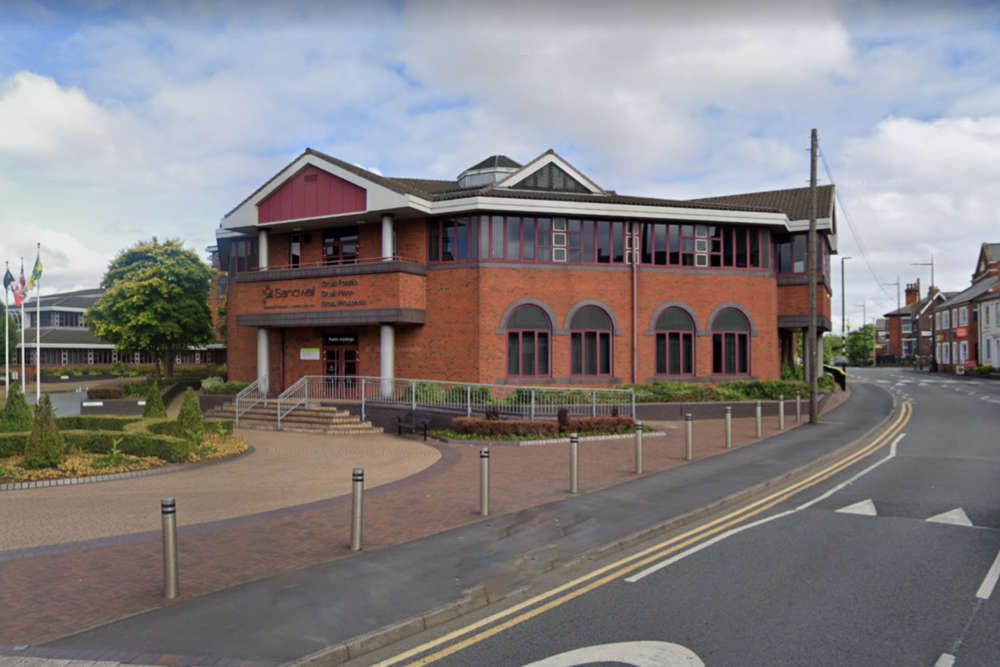
Sandwell Council has revealed a host of cost-saving measures to cover a £20m shortfall in its budget for next year.
The list of cost-cutting and saving proposals, backed by the Labour-run authority’s cabinet last week, includes a controversial switch to fortnightly bin collections, a near five per cent increase in council tax, several money-saving ‘reviews’ of services hopeful of saving millions, as well as a host of rises in fees and charges to boost income.
The authority will be forced to fill the gap as it is required to publish a balanced budget every year by law.
The council’s medium-term five-year financial plan makes for bleak reading with ever-increasing yearly deficits expected to total £162m by 2030.
The worrying set of figures shows that while £20m needs to be found by the time the budget is expected to be set in February next year – it pales in comparison to the shortfalls of £25m, £33m, £40m and £44m that will also have to be found to balance the council’s next five budgets.
The move from weekly to fortnightly bin collections would save £2.6m in 2025/26, the council said, and a proposed increase in green waste collections fee would bring in £200,000. A yearly increase to most of the council’s fees and charges would bring in a further £500,000 and ‘reviewing’ the borough’s leisure facilities would save £530,000.
Social care costs in Sandwell have risen by £11m more than expected and by nearly £3m in other ‘key’ contracts, according to the five-year financial plans. Housing costs, including homelessness services, have also increased by nearly £2m. Inflation has also pushed up costs to the tune of £1.3m.
Other proposals include reducing ‘high-cost’ services in adult social care, changing funding for free nursing care placements, and reviewing charges for day services and transport. Children’s services would face “targeted price reductions” in services as part of a host of measures to cut nearly £3m.
Cllr Paul Moore, cabinet member for finance and resources, said : “Each year, the council is legally required to set a balanced budget.In recent years this has become more difficult.
“Like all local authorities, we face significant financial pressure from the rising demand for our services, particularly for the support we provide vulnerable adults and children.
“At the same time, our costs are also going up due to inflation.
“Sandwell is not yet facing the extreme financial difficulties that some other local authorities are already dealing with. However, with the rising demand for our services we know that we must continue to manage our finances responsibly to avoid falling into these difficulties.”
“As a result of inflation and the increase in demand for some essential services, a budget gap of £20million is forecast for 2025/26.
“We have ambitious plans for Sandwell. We are committed to delivering high-quality services that are easy to use and that work for the people who need them.
“We want our borough to be a great place for children to grow up. We want to make Sandwell a cleaner, greener and safer place to live and for our residents to live longer in good health. And we want to create the good jobs and opportunities that will help everyone realise their potential.
“We will make decisions when setting our budget to set the council up to meet these ambitions. We can only do this if we continue to manage our finances responsibly and that does mean we will need to make some difficult decisions.
“We have developed proposals to reduce our spending on some things and increase our income in other areas, and its vital that we hear from residents on these proposals as we make decisions in the coming months to meet our legal duty to set a balanced budget for the next year.”
The cost-saving measures also include again adopting the annual council tax increase for adult social care.
As the council has done in many years previously, and is allowed to do by law, it plans to raise council tax by at least an extra two per cent as part of ring-fenced contributions to the rising cost of adult social care.
The increase, which can only be used to pay for Sandwell’s adult social care, is usually accompanied by a further increase in general council tax – which can go up to 4.99 per cent without a referendum having to be called.
The region’s police and fire service also set their own precepts which are added to council tax bills.












Comments
Add a comment